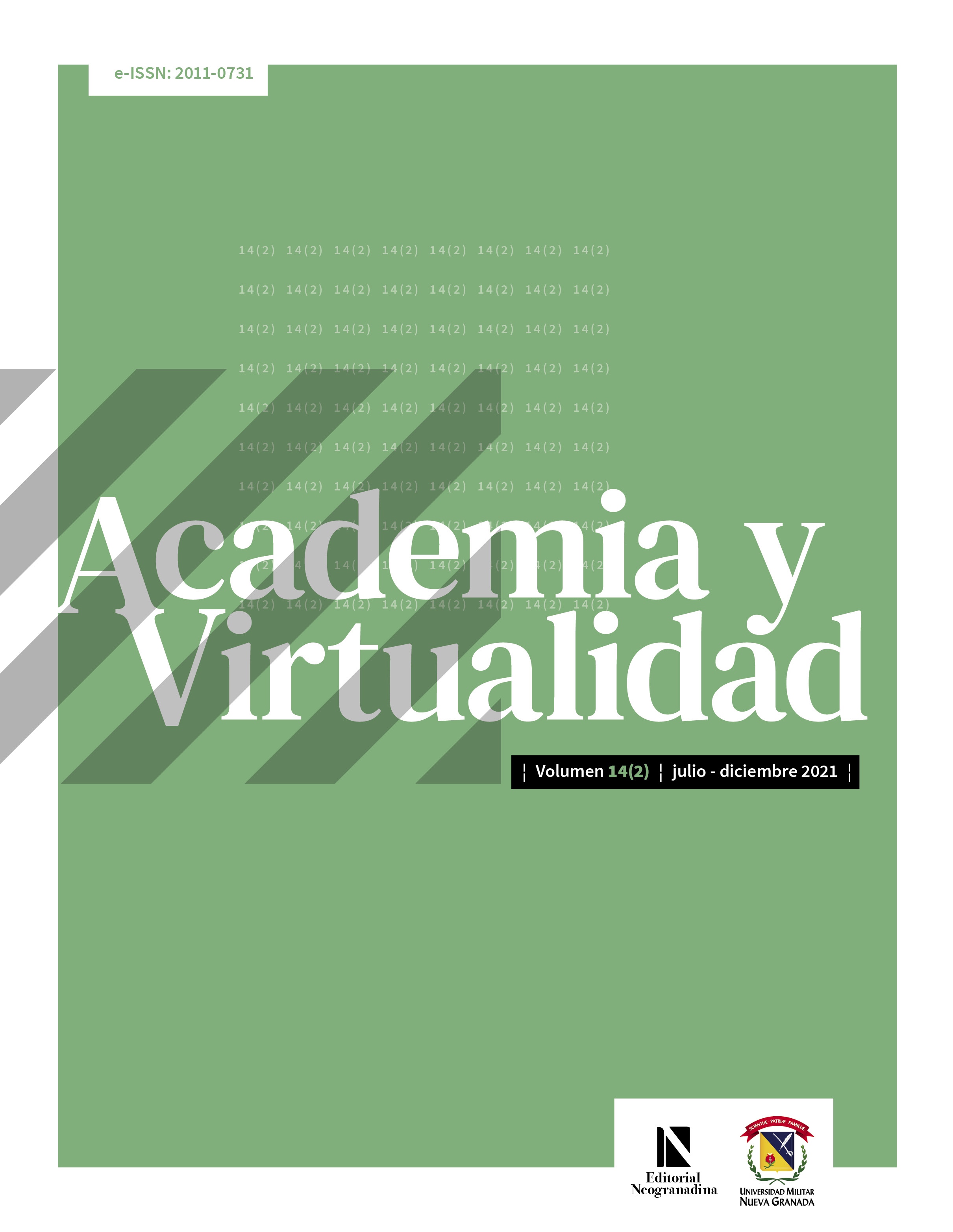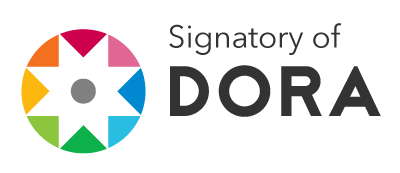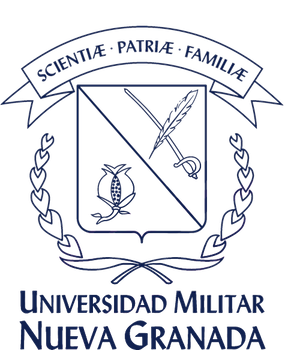Learning Methods for Executives. Comparative Analysis of Social Learning and the Case Method
Abstract
Social learning is the ability to learn from others, by observing their behavior. Today, we have technological advances and digital media that allow us to have more information and learning tools. The users who have taken advantage of them the most are millennials, who use social networks and these new technologies in their social and educational fields. The case method is a methodology that has proven to be very effective in executive education since its inception at Harvard Business School in 1908 and has been widely disseminated in numerous business schools. This research seeks to value social learning through social networks as an alternative to the case-based methodology. The hypothesis holds that the methodology based on social learning through social networks and the methodology based on the case method allow an equivalent level of learning. Mixed experimental methodology was used with two groups of millennials, both exposed to these methodologies. In the experiments carried out to evaluate the effectiveness of the methodologies, we reached two conclusions: (1) the average achieved in grades using social learning is slightly higher than the average achieved using the case method; and (2) doing an analysis of means, the difference is not statistically significant.
Downloads
References
Ahn, J. N., Hu, D. y Vega, M. (2019). "Do as I do, not as I say". Using social learning theory to unpack the impact of role models on students' outcomes in education. Social and Personality Psychology Compass, 14(10), 1-12. https://doi.org/10.1111/spc3.12517
Alshareef, M. A. (2013). Evaluate student satisfaction for social learning network at King Abdulaziz University. Advances in Internet of Things, 03(03), 41-44. https://doi.org/10.4236/ait.2013.33006
Bandura, A. (1977). Social learning theory. The Canadian Journal of Sociology, 2(3), 321. https://doi.org/10.2307/3340496
Bayona, J. A. y Castañeda, D. I. (2017). Influence of personality and motivation on case method teaching. The International Journal of Management Education, 15(3), 409-428. https://doi.org/10.1016/j.ijme.2017.07.002
Chkoniya, V. (2021). Success Factors for using case method in teaching applied data science education. European Journal of Education, 4(1), 29-38. https://doi.org/10.26417/236hbm84v
Davidson-Hunt, I. J. (2006). Adaptive learning networks: developing resource management knowledge through social learning forums. Human Ecology, 34(4), 593- 614. https://doi.org/10.1007/s10745-006-9009-1
Ferreiro, P., y Alcázar, M. (2001). Gobierno de personas en la empresa. Universidad de Piura. pad-Escuela de Dirección.
Greenhow, C. y Robelia, B. (2009). Old communication, new literacies: Social network sites as social learning resources. Journal of Computer-Mediated Communication, 14(4), 1130-1161. https://doi.org/10.1111/j.1083-6101.2009.01484.x
Guiñez, N., Cornejo Saavedra, E., Olguín, C. y Ceballos, P. (2017). Percepción de los estudiantes sobre la metodología estudio de casos. Revista Academia & Negocios, 3(2), 45-54.
Hammond, J. (2008). Aprender con el método del caso. Harvard Business School.
Heyes, C. (2012). What's social about social learning? Journal of Comparative Psychology, 126(2), 193-202. https://doi.org/10.1037/a0025180
Hoang, H. T., Pham, Q. H., Nguyen, H. T. H. y Thu Pham, T. T. (2018). Online Social Networks Influencing Stu- dents' Social Learning Outcomes. An Analysis in Vietnam. Journal of Asian Review of Public Affairs and Policy 3(2), 953-971.
Johnson, K. A., Dana, G., Jordan, N. R., Draeger, K. J., Kapuscinski, A., Schmitt Olabisi, L. K. y Reich P. B. (2012). Using participatory scenarios to stimulate social learning for collaborative sustainable development. Ecology and Society, 17(2), 9. https://doi.org/10.5751/ES-04780-170209
Katzenbach, J. R. (1998). Equipos de alta gerencia: cómo maximizar la capacidad de liderazgo tanto de los equipos como de los individuos. Norma.
Khimmataliev, D. O., Bakhriddinov, S. y Jumananazarova, Z. K. (2021). Case-study method in students training. Annals of the Romanian Society for Cell Biology, 25(4), 7568-7578.
Laland, K. (2004). Social learning strategies. Animal Learning and Behavior, 32(1), 4-14. https://doi.org/10.3758/BF03196002
Llano, C. (1996). La enseñanza de la dirección y el método del caso. Universidad Panamericana. Instituto Panamericano de Alta Dirección de Empresa.
Lusoli. A. (2019). Teaching business as business. The role of the case method in the constitution of management as a science-based profession. Journal of Management History, 26(2), 1-28. https://doi.org/10.1108/JMH-06-2019-0042
Pacheco, J. C. (2010). Rediseño de la teoría científica del trabajo basado en las competencias de liderazgo. Nueva perspectiva de la estandarización (tesis doctoral, Universidad de Navarra). Repositorio Institucional Dadun, Unav. https://hdl.handle.net/10171/17315
Pahl-Wostl, C. (2006). The importance of social learning in restoring the multifunctionality of rivers and floodplains. Ecology and Society, 11(1), 10. https://doi.org/10.5751/ES-01542-110110
Pahl-Wostl, C., Craps. M., Dewulf, A., Mostert, E., Taba- ra, D. y Taillieu, T. (2007). Social learning and water resources management. Ecology and Society, 12(2), 5. https://doi.org/10.5751/ES-02037-120205
Pahl-Wostl, C., Mostert, E. y Tàbara, J. D. (2008). The growing importance of social learning in water resources management and sustainability science. Ecology and Society, 13(1), 24. https://doi.org/10.5751/ES-02352-130124
Pérez-López, J. A. (1993). Fundamentos de la dirección de empresas. Rialp.
Rendell, L., Boyd, R., Cownden, D., Enquist, M., Eriksson, K., Feldman, M. W., Fogarty, L., Ghirlanda, S., Lillicrap, T. y Laland, K. (2010). Why copy others? Insights from the social learning strategies tournament. Science, 328(5975), 208-213. https://doi.org/10.1126/science.1184719
Rendell, L., Boyd, R., Enquist, M. y Feldman, M. (2011). How copying affects the amount, evenness, and persistence of cultural knowledge: insights from the social learning strategies tournament. Philosophical Transactions of the Royal Society B, 366(1567), 1118-1128. https://doi.org/10.1098/rstb.2010.0376
Rotter, J. B. (1954). Social learning and clinical psychology. Johnson Reprint Corp. https://doi.org/10.1037/10788-000
Sadeghi, M. R., Ghasemnia Arabi, N. y Khoshsima, G. (2021). A review of case study method in operations management research. The International Journal of Qualitative Methods, 20(2), 1-11. https://doi.org/10.1177%2F16094069211010088
Servant-Miklos, V. F. C. (2019). The Harvard connection. How the case method spawned problem-based learning at McMaster University. Health Professions.https://doi.org/10.1016/j.hpe.2018.07.004
Suškevičs, M., Hahn, T., Rodela, R., Macura, B. y PahlWostl, C. (2017). Learning for social-ecological change. A qualitative review of outcomes across empirical literature in natural resource management. Journal of Environmental Planning and Management, 61(7). 1085- 1112. https://doi.org/10.1080/09640568.2017.1339594
Van Schaik, C. P. y Burkart, J. M. (2011). Social learning and evolution: the cultural intelligence hypothesis. Philosophical Transactions of the Royal Society B, 366(1567), 1008-1016. https://doi.org/10.1098/rstb.2010.0304
Wenger, E. (2000). Communities of Practice and Social Learning Systems. Organization, 7(2), 225-246. https://doi.org/10.1177/135050840072002
Yi, G. y Yen, N. Y. (2014). Development of highly interac- tive service platform for social learning via ubiquitous media. Mathematical Problems in Engineering, 2014, e395295. https://doi.org/10.1155/2014/395295
Yu, Z. (2020). Motivational effects of the case method on chinese ESP learners. Journal of Language Tea- ching and Research, 11(3), 399-408. https://doi.org/10.17507/jltr.1103.08
| Article metrics | |
|---|---|
| Abstract views | |
| Galley vies | |
| PDF Views | |
| HTML views | |
| Other views | |












